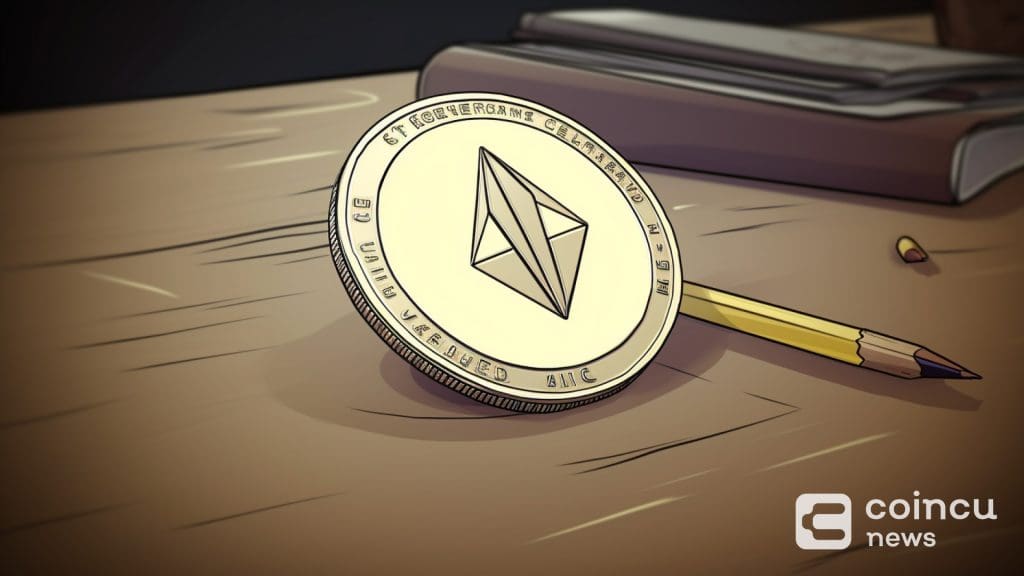Google to Showcase AI Advancement at Annual Developer Conference
Google is now preparing its latest developments in artificial intelligence (AI) technology to be made available through its largest developer conference – the I/O – which is set to be held on May 14th. The company, in efforts to showcase the role of Artificial Intelligence by Alphabet Inc. chief executive officer- Sundar Pichai- in products, will be hosting its conference later this year at the Shoreline Amphitheater, Mountain View, California.
Focus on generative AI Technology
AI is set to turn a new page in the high-level event, with the demonstration of Google’s advances in generative AI tech among its highlights. The analysts expect Pichai to dive deep into how AI is at the heart of the Google Ecosystem through its role in improving customers’ experience on all of its products.
Analysts expect Google to mark up its services with enhancements generated by the Generative AI features it develops, with Gemini, Google’s AI model, as the main catalyst. Based on the assumption that AI will be the core of Google’s activities over the likely years to come, Google’s AI acquisition will serve as a demonstration of its will to remain at the vanguard of technology.
Google’s AI strategy comes into the picture at a time when the competition from tech giants like Microsoft and OpenAI is getting tougher. The latter has made significant achievements in AI development. However, Microsoft’s GenAi has won its battle to become a market leader; on the same track, Google goes its way, stressing the advantages of Pixel devices for competing with Apple in ecosystem integration.
Gemini integration with Android
One of the great things about this conference is that Google’s AI model, Gemini, the world’s most popular mobile OS, will be integrated with the device to optimize user experience fully. This phase refers to the consumer’s introduction to AI technology and the expansion of cooperation with human-machine collaboration.
AI has now become quite extensively used in smartphones, and Google’s product is an example of this. This has been permitted by the company’s collaborative work with phone makers, especially in China’s market. The recently announced Pixel 8a from Google, equipped with the company’s custom-built Tensor 3 chip and Gemini Nano model, enlists this strategy of bringing AI capabilities to various devices of the masses.
Google utilizes a policy of collaboration with OEMs instead of implementing the system directly into the operating system that is provided along with its Android system, compared to Apple, which applies proprietary solutions. The discussion continues when Apple and Google might merge these departments of Gemini and their iPhones, but these companies are investing heavily in improving AI features and grasping most of the AI market by their fingers.
Revenue and monetization challenges
Google’s future revenues tied to artificial intelligence are still the subject of doubt despite the website’s huge AI investment. More concerns are related to the possibility of AI shaping the future of advertising on Google, especially if the AI-powered features become more powerful to the extent that traditional search engines cease to be relevant for people. Google’s search business, the core of its revenue model, is under threat from competitors that have mastered AI technology.
As Google AI Embedding Products, however, it will be subjected to a closer regulatory oversight than before as it relates to AI strategy. Android and hardware unification can be interpreted as a move for the company beyond the previously established boundaries and open gates of AI for its entire array of products. Nevertheless, the data to be regulated and the ways to make money from AI investments are still the main difficult problems for Google.
The cleverly named Google I/O conference is envisaged as the best chance to demonstrate the ease of developing AI where the future lies. The objective of Google is to develop an AI system alongside Android software to take up a definite position in the changing tech ecosystem. The would-be start-up may need help with time as they process the idea of generating revenue and controlling the new technology. Google’s AI race lenses with it truly gather “fog” in the story. The extent to which AI will be fully utilized to forge the company’s roadmap and success may prove a key deciding factor on how Google fares in the competitive environment.






